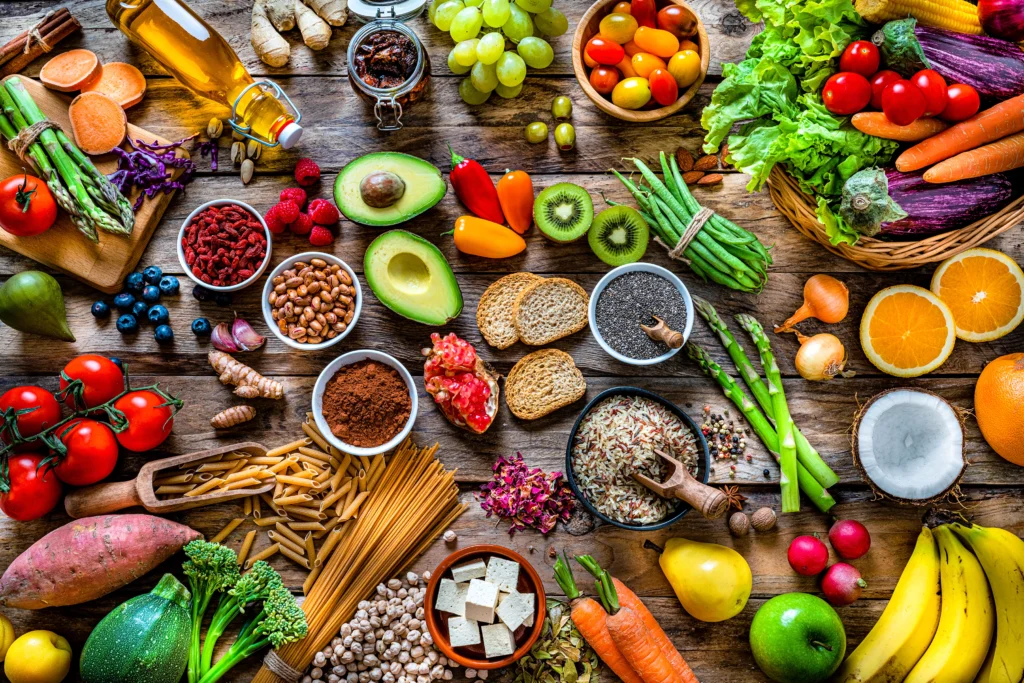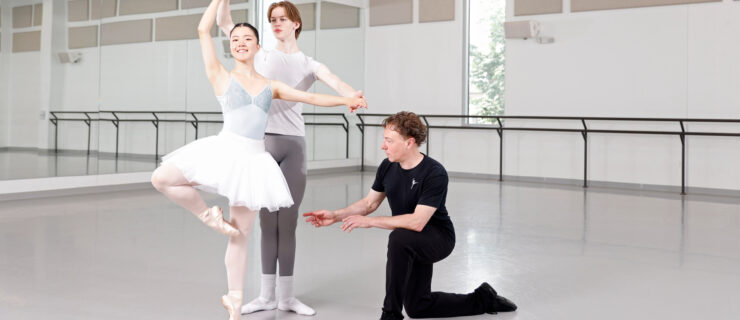How to Nourish Your Body Through Injury
Can the foods we eat impact how quickly we recover from injuries? You may be surprised to learn the answer.
Many dancers recognize that injury is an inevitable part of their careers, but they aren’t always equipped to overcome the setback it can cause. According to Yasi Ansari, a Los Angeles–based former competitive dancer, a registered dietitian nutritionist, and National Media Spokesperson for the Academy of Nutrition and Dietetics, nutrition is essential for wellness and performance. In the same way that you can use good nutrition to fuel your dancing, you can use it to help you get back to the studio after an injury, she says.
Why is nutrition important for recovering from injury?
Eating enough food, getting consistent protein, hydrating adequately, and adding variety to meals can support healing. “In my one-on-one nutrition counseling work with dancers, I have seen more progression in rehab and a faster return time into the studio when dancers prioritize rest and nutrition after an injury,” Ansari says. Below are foods that are beneficial for recovery:
Carbohydrates:
- rice
- corn
- potatoes
- bread
- beans
- pasta
Protein:
- tofu
- eggs
- fish
- lean beef
- chicken
- ground turkey
- dairy
- lentils and beans
- grain bowls
Fats:
- avocado
- nuts
- seeds
- salad dressing on greens

What kinds of foods help reduce inflammation?
Research has shown that certain foods, particularly those that are high in antioxidants and fiber and that contain mono- and polyunsaturated fatty acids, may help reduce inflammation.
Some examples of antioxidant-rich foods are fruits like cherries, berries, apricots, apples, bananas, mangos, melons, and grapes, to name a few. For fiber, leafy greens and other veggies such as kale, arugula, broccoli, cauliflower, spinach, and carrots are great to keep in rotation.
For excellent sources of monounsaturated fatty acids, try avocado, olive oil, peanut butter, almonds, or pistachios. Polyunsaturated fatty acids can be found in walnuts, fish, flax, and chia seeds.
What foods help to support muscle and bone health?
Calcium and vitamin D are known for their bone health benefits, and both work together for bone production. “Other nutrients that can help support the bone include magnesium, carbs, protein, and fats,” Ansari says. Foods that contain some of these nutrients include yogurt, soy foods (like tofu and edamame), almonds, beans, and calcium-fortified plant milks or orange juice.
Another important nutrient for bone health is vitamin K. “There are vitamin-K–dependent proteins that play a role in the formation and metabolism of bone,” Ansari says. You can get this from foods like arugula, spinach, Brussels sprouts, and broccoli.
High-protein foods support muscle-tissue growth and development. “Eating a consistent amount of protein throughout the day at meals or in snacks is effective in supporting muscle growth, maintenance, and repair,” Ansari says. Fish, chicken, turkey, cottage cheese, Greek yogurt, tofu, and edamame are great sources.
Nutrients such as calcium, vitamin D, creatine, branched-chain amino acids, and essential omega-3 fatty acids can also support muscle health, but Ansari warns that you should work with your registered dietitian nutritionist and physician to see if supplementation is appropriate for you.
In the meantime, dancers should focus on getting enough rest and sleep, hydrating, eating enough, and adding more variety to meals, in addition to their recommended rehab program.







